New Delhi: There are no friends or foes in politics, particularly friends. The adage, at least in India, has been imbued with real meaning by none else than the Nehru-Gandhi clan, starting how Nehru usurped the position of India’s first prime minister, unseating Sardar Patel.
Sardar Patel, whose birth anniversary we are celebrating today as National Unity Day—acknowledging India’s debt to him for having integrated India’s belligerent princely states to make what India is today—was not only humiliated at every step of the way by Nehru, but the latter went to the extent of having reduced Sardar’s daughter Maniben to utter poverty.
Ironically, today is also the death anniversary of Indira Gandhi. This is a tale of two daughters with very different fates: while Nehru founded a political dynasty in Indira Gandhi, Sardar Patel’s daughter, a true Gandhian till her last breath, was left to die a painful death, penniless.
Nehru’s daughter PM, Sardar Patel’s daughter Pauper
While Nehru ensured his daughter became the prime minister of India, he also ensured that Sardar’s bloodline was forgotten in the pages of history.
Having served the people of Gujarat, especially the Anand-based milk revolution, Maniben in old age was not able to see properly and would go around the streets of Ahmedabad, often stumbling and falling on the road, till some passerby helped her get up on her feet.
The heart-wrenching ordeal that Maniben had to undergo in her lifetime—this is the daughter of once the most powerful person in India, the leading light of Congress, Mahatma Gandhi’s brother, one who brought the Nizam of Hyderabad on his knees—has been recorded in her own words in the biography of the Varghese Kurien.
Quick Reads
View AllKurien is known as the ‘Father of White Revolution in India’, the recipient of Magsaysay Award and all the three Padma awards. He is what Amul stands for.
Nehru never bothered about Maniben after Sardar’s death
Kurien in his biography, titled ‘I Too Had A Dream’ has recorded the painful story of Maniben as she narrated how shabbily she was treated by Nehru.
Kurien notes: “She was extremely disheartened and in a way that incident revealed the extent of strain in the Nehru-Sardar Patel relationship. It was quite distressing that neither Nehru nor any of the national leaders of the Congress Party ever bothered to find out what happened to Maniben after her father died.”
Scrupulous Patel vs Selfish Nehru
So, what was this incident that Kurien has referred to?
Kurien observes that Maniben ‘was a woman of tremendous honesty and loyalty’ before narrating the incident.
“She (Maniben) told me that when Sardar Patel passed away, she picked up a book and a bag that belonged to him and went to meet Jawaharlal Nehru in Delhi. She handed them to Nehru, telling him that her father had instructed her that when he died she should give these items to Nehru and no one else. The bag contained Rs 35 lakh that belonged to the Congress Party and the book was the party’s book of accounts.”
It is at the same meeting that Nehru showed his true colours.
While Maniben thought that Nehru would inquire about what she was going to do now that her father was no more, India’s prime minister gave her a cold shoulder to her utter dismay, instead of any sympathy that is a matter of common decency in all cultures around the world after a loved one is lost.
“Maniben waited expectantly, hoping he (Nehru) would say something more, but he did not, so she got up and left,” Kurien writes.
Sardar Patel’s daughter expected pretty little from Nehru
One would think about what Maniben expected from Nehru. Maniben told Kurien later that she expected very little, just a few kind words and a kind gesture since her father, Sardar Patel, had passed away.
“I thought he might ask me how I would manage now, or at least ask if there was anything he could do to help me. But, he never asked,” Maniben had told Kurien.
Maniben had no money, house or car; travelled in buses, 3rd class in trains
Kurien observes in his autobiography that Maniben did not have any money of her own. After Sardar Patel’s death, the Birlas asked her to stay at the Birla House for a while, “but the arrangement did not suit her” and she moved in with her cousin in Ahmedabad.
“She had no car, so she travelled in buses or by third class in trains,” notes Kurien.
Later, a family friend got Sardar Patel’s daughter elected to Parliament, but even then as an MP “…like a true Gandhian, she continued to travel third class.”
“She wore only Khadi saris made out of thread she had spun herself and wherever she went she carried her spinning wheel.”
Congress photo-op as she died
Sardar Patel’s daughter met a sad end.
“After all the sacrifices that Sardar Patel made for the nation, it was very sad that the nation did nothing for his daughter. In her later years, when her eyesight weakened, she would walk unaided down the streets of Ahmedabad often stumble and fall until some passerby helped her up,” laments Kurien.
But, was this the end of Congress chicanery? No.
“When she was dying, the chief minister of Gujarat, Chimanbhai Patel, came to her bedside with a photographer. He stood behind her bed and instructed him to take a picture.
The photograph was published in all newspapers the next day. With little effort they could easily have made her last years comfortable.”
Kurien makes even irony cry out in agony with these words.
Read all the Latest News, Trending News,
Cricket News, Bollywood News,
India News and Entertainment News here. Follow us on
Facebook,
Twitter and
Instagram.


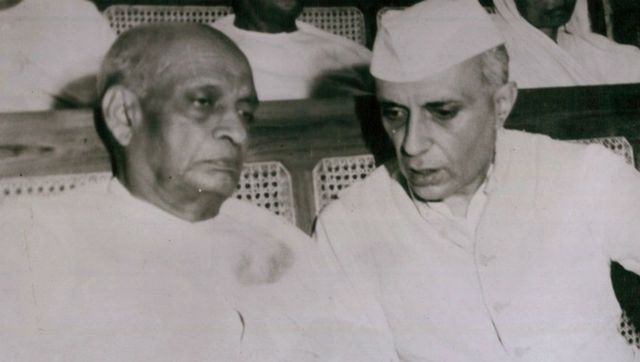)
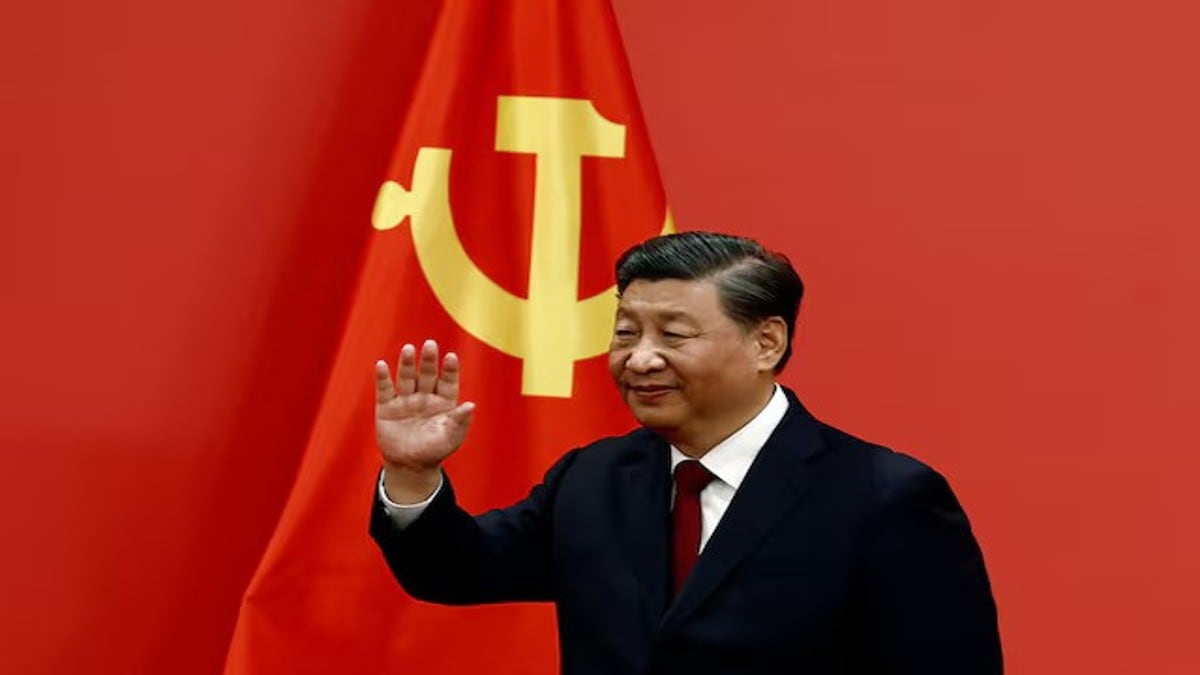
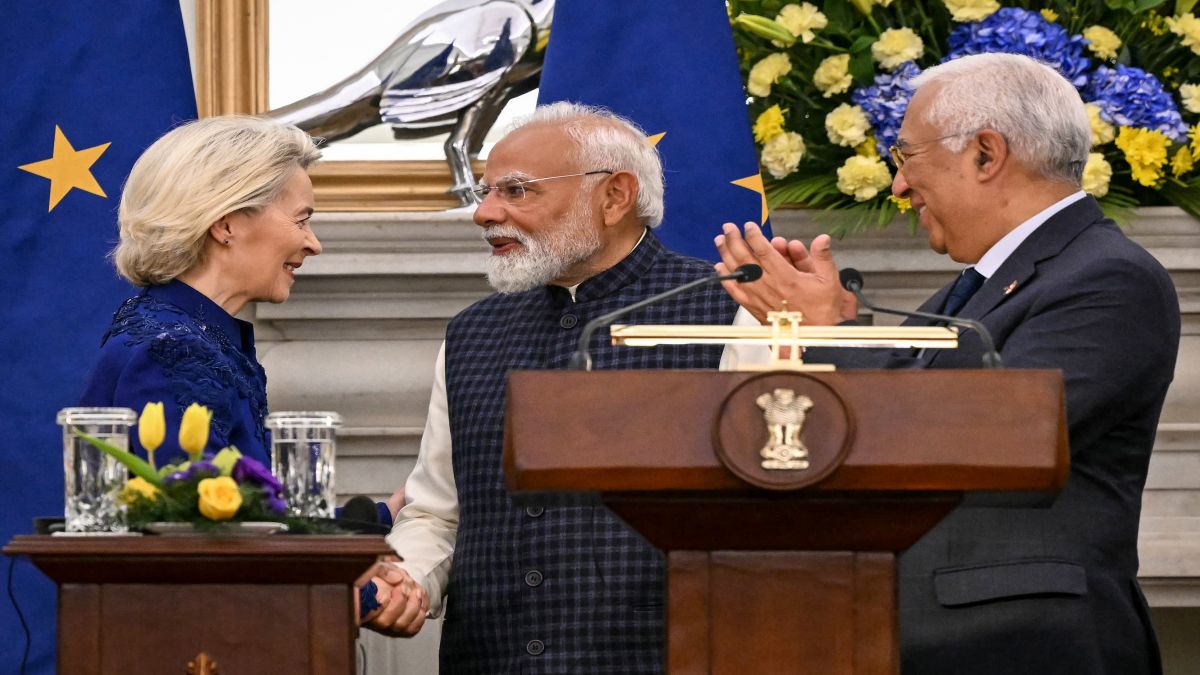)
)
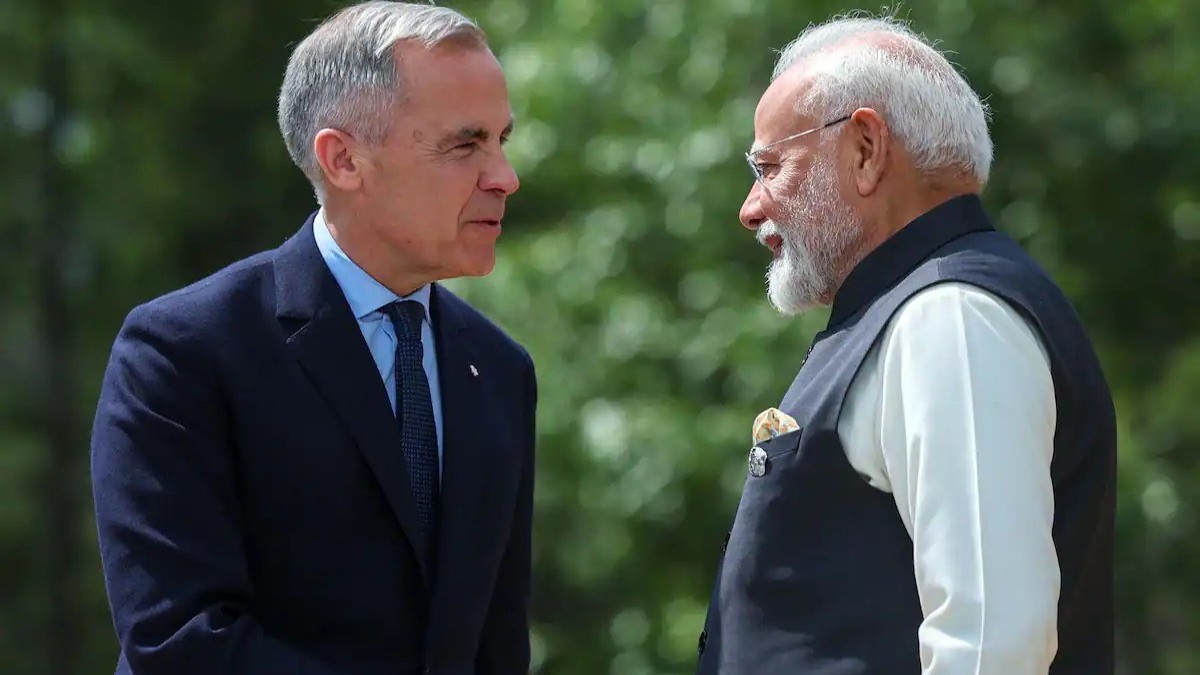)
)
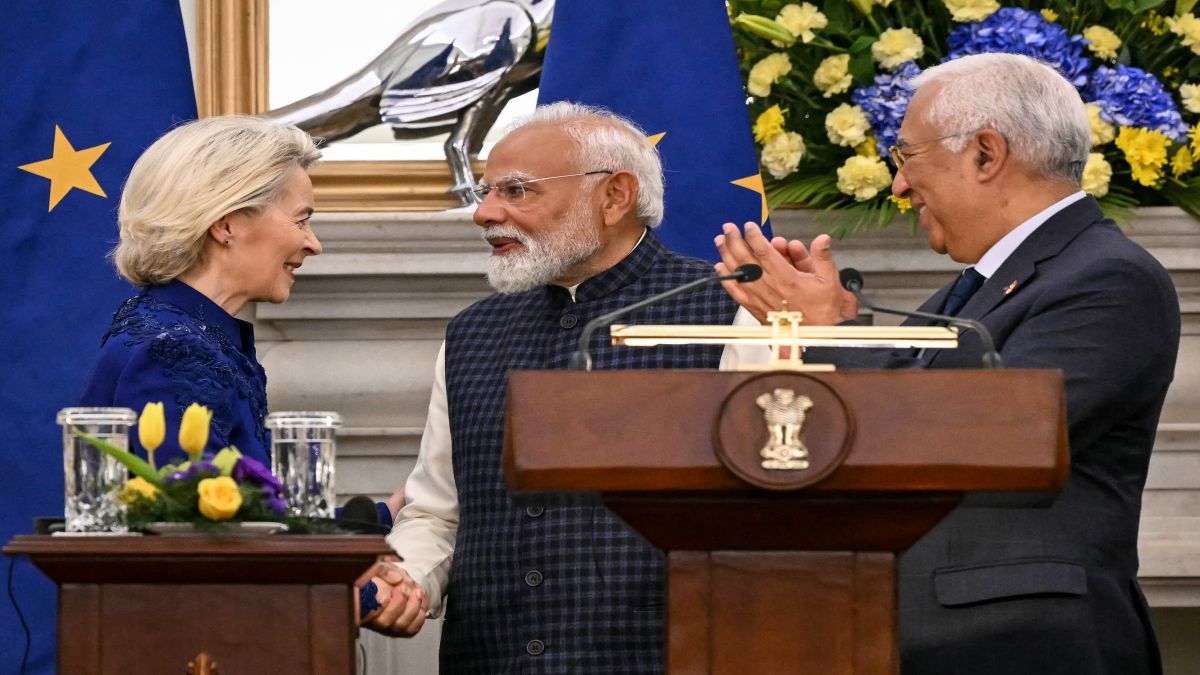)
)
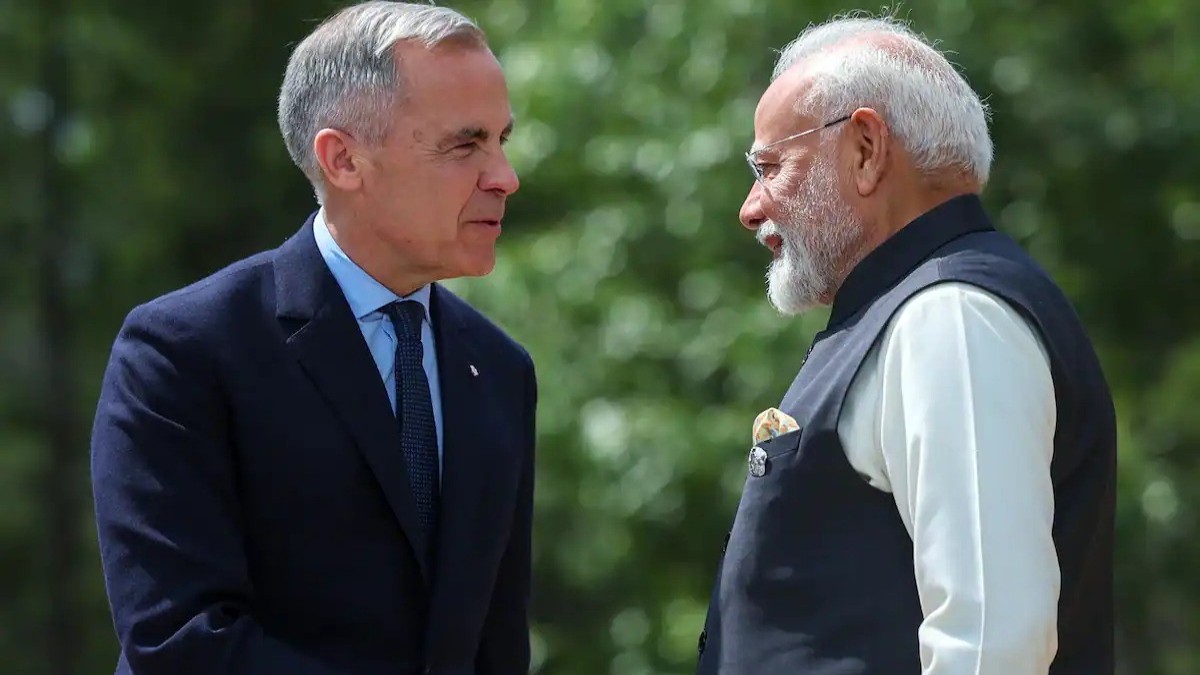)
)



